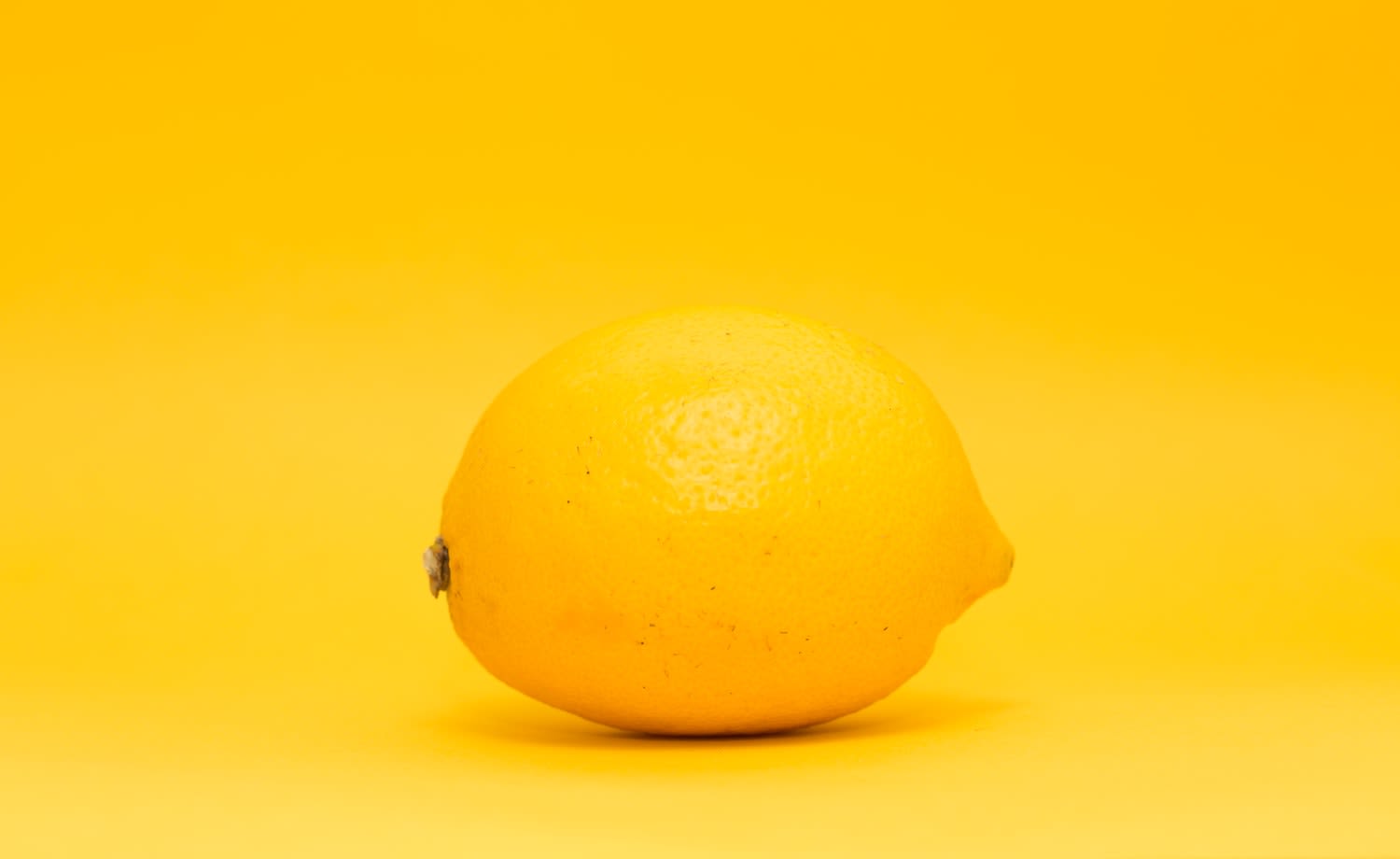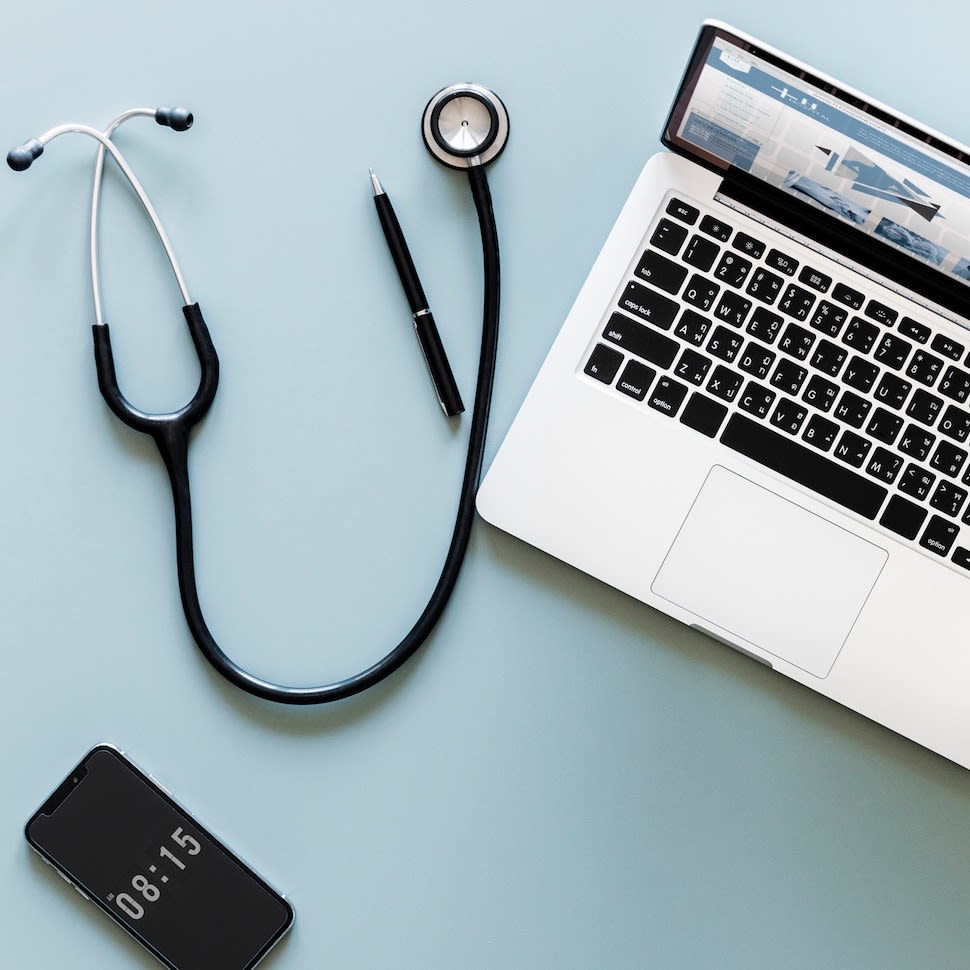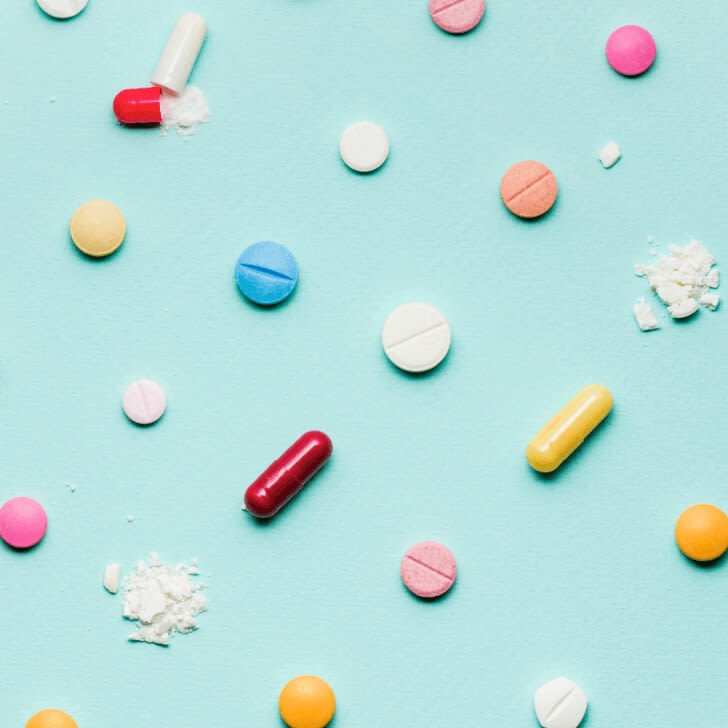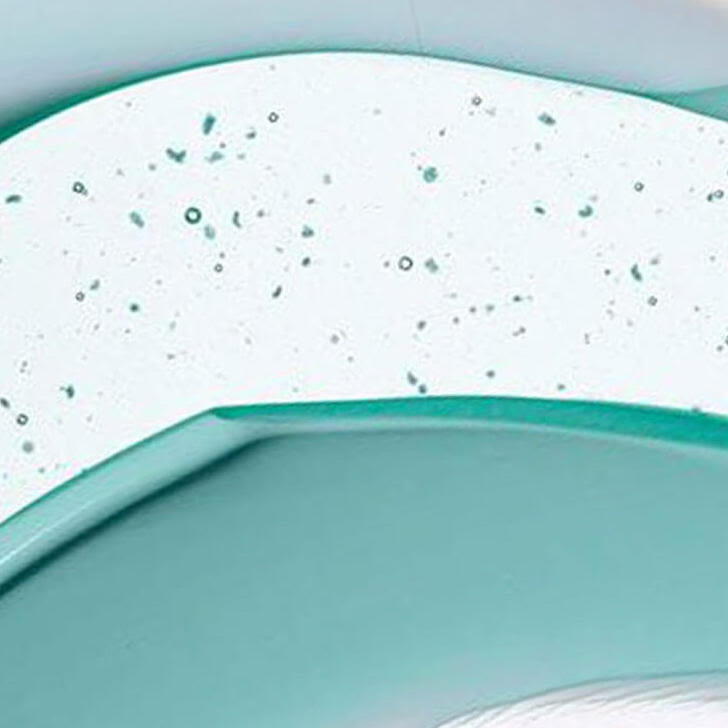Anyone who has struggled with acne-prone and congested skin has a mother, cousin, or friend who can’t wait to let you know that lemon juice is a cure-all for breakouts! Lemons are simple, affordable, and accessible — a pretty tempting alternative to expensive creams and medications that aren’t guaranteed to work. Before you head to the kitchen, read on to get the science behind how it works, the pros and cons, and how to use lemon juice if you decide to give it a try.
The science of lemons
Studies of the benefits of lemon and citrus generally show the plants to have qualities that may contribute to the treatment of acne.
- The peels of citrus plants contain biologically active compounds that are rarely found in other plants and have strong antimicrobial qualities. This is a promising sign that they could be effective against P. acnes and other bacteria that cause those annoying lumps and bumps.
- Acidity: Lemons are sour because they are acidic. This high level of acidity can contribute to its antimicrobial properties (see above) and can also act as an to help reduce levels of oil in the skin (similar to a toner you might buy at the drugstore).
- Reduces redness: Those astringent properties can also help reduce the redness in your skin caused by the inflammation of acne and calm the skin.
So far, so good! However, before you proceed, let’s take a look at the possible downsides.
Proceed with caution
While there are a few potential benefits to using lemon juice, there have not been any studies to actually prove it’s acne fighting capabilities. Additionally, there are several side effects that you should watch out for if you decide to try it out.
- Dry skin: The astringent quality I mentioned earlier? It reduces oil, but that also means lemon juice can dry out your skin and increase flakiness. This irritation could make your acne worse.
- Stinging and burning: If you’ve ever cut yourself slicing oranges or lemons, you already know about this one. Citrus stings if applied to broken skin, so use caution if you’ve popped or picked any of your acne spots.
- Skin discoloration: or cause where applied, depending on the skin of the person using it.
Other alternatives
If you’re looking to manage the P. acnes (bacteria) in your pores, there are proven options available that are far more effective than lemon juice. An antimicrobial like benzoyl peroxide is not only an effective way to reduce acne causing bacteria, it is also a more effective exfoliant. This allows the medicine to more easily penetrate your clogged pores and remove the bacteria inside. This is particularly true if you have moderate to severe acne which tends to need stronger treatment than a lemon can provide. Topical retinoids may be a more effective if this is the case for you and you can always get them with us at Apostrophe!




